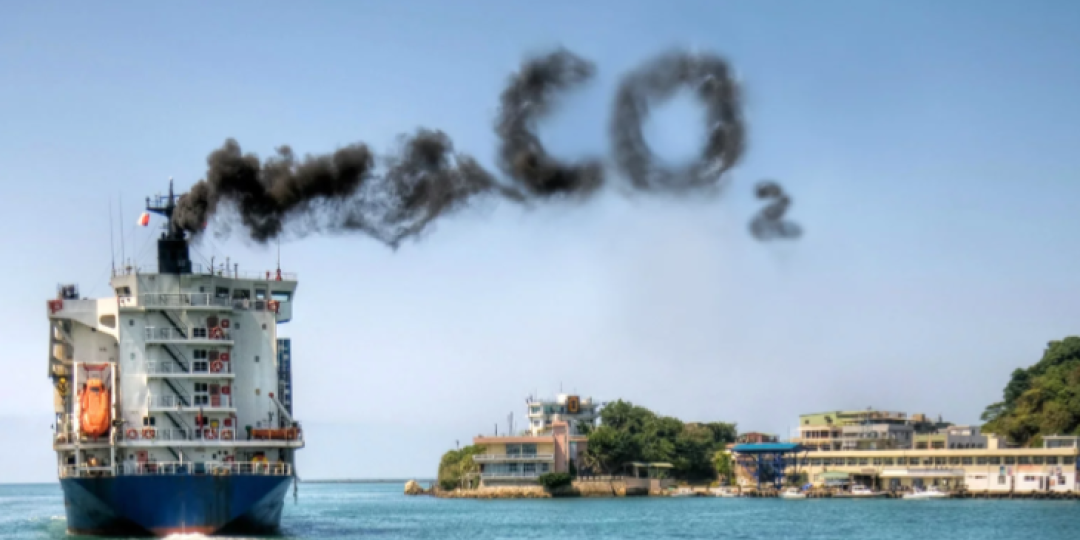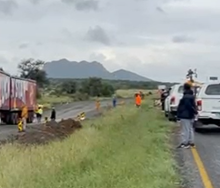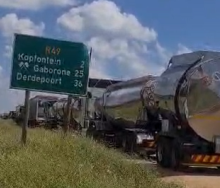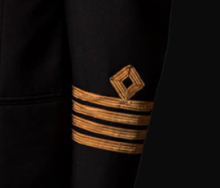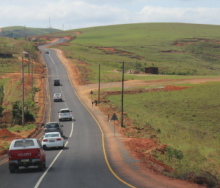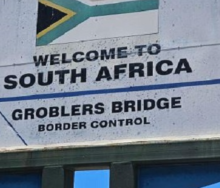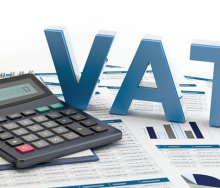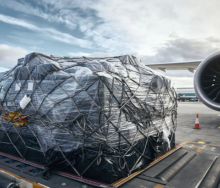South African ports could benefit significantly from vessels heavier than 5,000 deadweight tonnes run by lines shipping cargo around Africa and looking at minimising EU cargo taxation to curb carbon emissions.
This is especially applicable now that vessel traffic around the continent has spiked because of vastly reduced liner trade through the Suez Canal ever since Houthi rebels in Yemen started attacking maritime traffic in the Red Sea and Gulf of Aden.
Essentially, and as of January 1, lines are taxed according to their footprint between EU and non-EU ports.
Although carriers on an EU-Asia rotation are now exposed to more trading options by the longer loop around Africa as opposed to the shorter sail through the Suez, the cost of stopping at multiple points around the continent and having to idle outside routinely congested ports lacking the necessary capacity to accommodate an increase in vessel calls is detrimental in the long-run.
Last August, in an article for Nautilus Labs, the vice president for Client Services at the decarbonisation consultancy, Diana Gray, wrote that “the European Union Emissions Trading System (EU ETS) is coming for the maritime industry”.
She explained that, as of the beginning of the year, the emissions of vessels over a certain size would effectively become a carbon tax on voyages that use EU waters and have an EU port of call.
“For vessel owners and charterers, it is the latest in a long line of regulations designed to dramatically reduce the energy-intensive shipping sector’s greenhouse gas emissions.
“The question for them is, how do they manage it successfully without reducing their competitiveness?”
The European Commission itself, in a paper on Climate Action, explained that the EU ETS “applies a carbon emissions tax to ships sailing to European ports, but only for voyages that depart from a port outside the jurisdiction of an EU Member State and (which) arrive at a port under the jurisdiction of an EU Member State”.
Therefore, if a vessel stops at one non-EU port before arriving at an EU port, it will not be subject to the full carbon emissions tax imposed by the ETS.
According to Unathi Sonti who heads up the Maritime Business Council, EU cargo tax follows the polluter-pays principle and is imposed on fuel inputs based on emission factors and procedures in line with the standards published by the UN’s Intergovernmental Panel on Climate Change.
Looking at potential escalating cost impacts, he said: “In 2025, shipping companies will have to pay for 40% of their emissions reported in 2024.
“In 2026, this will increase to 70% of the emissions reported in 2025.”
To summarise, lines are increasingly looking at driving down carbon emission penalties through efficient ports, and South Africa’s aren’t highly rated at this stage.
During a webinar on the Suez Crisis, Lars Jensen, CEO of sea trade advisory Vespucci Maritime, said although lines would be looking at tapping into African markets, especially on the backhaul from Asia, EU cargo taxes could make the trip around Africa “colossally expensive”.
Considering that lines would pay less in EU cargo tax by stopping at fewer ports, especially ones where they won’t have to idle at anchorage, will become an even bigger issue as carbon taxes continue to erode profits.
Tapping into trade opportunities in Africa could happen through South Africa, he said, but that would not happen with the state the ports are in right now.
The first thing South Africa should focus on, “is how you can get your major terminals improved in efficiency, very rapidly”.
Even if the Suez crisis was resolved tomorrow, over-capacity might force lines to continue accessing extended trade opportunities by sailing around Africa, but only if it made sense from a carbon tax perspective, said Jensen.
